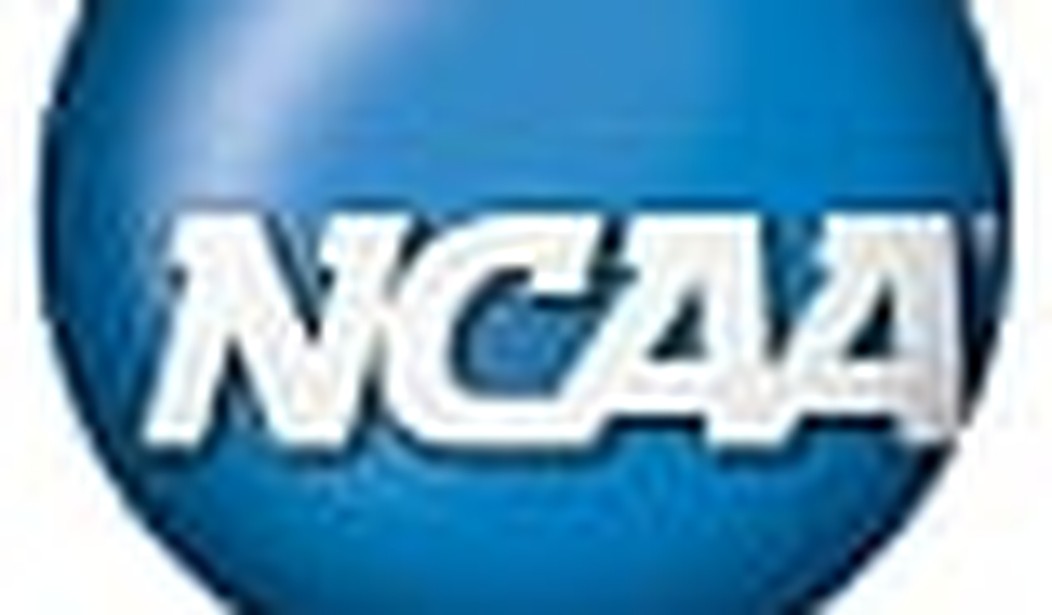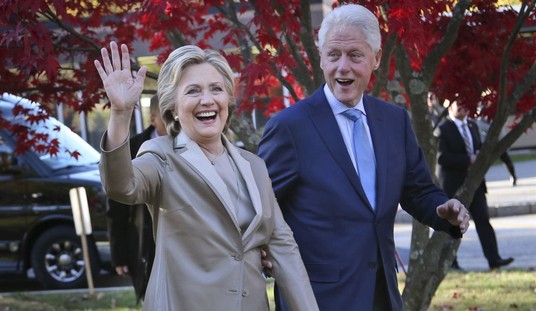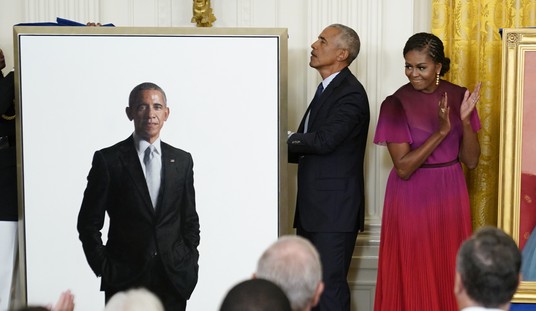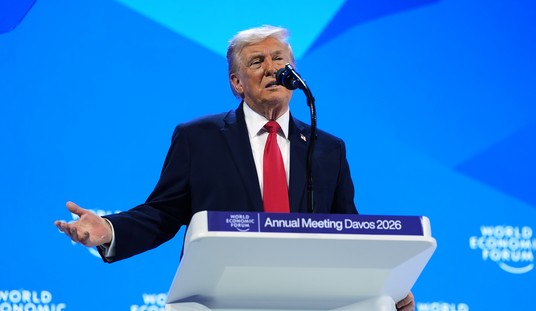As any college student or sports fan knows, the National Collegiate Athletic Association (NCAA) is one of the most powerful institutions in the world of American higher education. Flush with billions in cash from the television rights to college football games and the NCAA basketball tournament, there are few aspects of college sports that the NCAA does not try to regulate. From rules on numbers of scholarships and required GPAs to rules on recruiting and even on universities’ mascots and nicknames, everyone involved in university athletics is under the NCAA’s thumb.
With the rise of the Internet and social networking, however, the NCAA’s grasp has begun to encompass everyday students who have nothing to do with a school’s athletic program other than being a supporter of their school’s team. As a result, free speech rights are in jeopardy.
A few weeks ago, the Associated Press reported that North Carolina State University had sent a “cease-and-desist” letter to freshman Taylor Moseley for a recruiting violation. His crime? He set up a group on Facebook.com entitled “John Wall PLEASE come to NC STATE!!!!” Wall is currently a highly sought-after basketball recruit. More than 700 people joined the group.
As the AP reported, “the NCAA says such sites, and dozens more like them wooing Wall and other top recruits, violate its rules. More than just cheerleading boards, the NCAA says the sites are an attempt to influence the college choice of a recruit.” Voila. The NCAA’s jurisdiction has just expanded to cover every student at every university who dares venture an opinion about recruiting on the Internet.
In fact, the NCAA appears to be completely comfortable using its regulations to silence people whose only connection with a given university is being a fan of the team. Duke University recently sent a cease-and-desist letter to student Jimmy Mueller, who created a Facebook group encouraging John Wall to attend Duke. Mueller isn’t a Duke student, though. He’s a sophomore at the University of Akron and is merely a fan of the Duke team. Indeed, if Mueller had not been a student at all, but rather an average working person, there’s no reason to suppose Duke wouldn’t have sent the letter anyway.
If you think it’s more than a little questionable that regulations from the NCAA (a private organization) forced Duke (a private university) to order Jimmy Mueller (a private student at an unrelated university) to suppress his private opinions on Facebook (a privately owned website), you’re not the only one. And for the NCAA to force N.C. State, a public university and agency of the government, to silence one of its students is even more constitutionally suspect. Student speech about sports is certainly protected by the First Amendment on a public campus, and the university may not legally order its students to refrain from expressing certain opinions on that topic.
Not to worry, says the NCAA. Spokesman Erik Christianson says, “We don’t see it as a free speech issue. What we do see it as is a recruiting issue. … We want to be sure that we limit that level of intrusion that comes into their lives.” So according to the NCAA, sending intimidating letters ordering someone to not express his or her opinion is not a “free speech issue.” Further, intruding upon random people’s lives in the form of cease-and-desist letters that order them not to share their own opinions is somehow preferable to the “intrusion” into a recruit’s life that might result from the mere existence of an unofficial Facebook group.
If the NCAA and its member institutions are comfortable with placing more importance on recruiting rules than on free speech principles, it is worth wondering what else the NCAA might deem more important than free speech. For instance, the NCAA’s insistence on forbidding universities from using Native American mascots or team names in many circumstances has been extremely controversial. Why, then, does the NCAA not send cease-and-desist letters to those who speak out against that policy on Facebook or the Internet as well? Does its failure to do so mean that the NCAA thinks that fighting racism is less important than preventing intrusion on the lives of recruits?
Of course, the real reason that the NCAA is never likely to threaten to silence those who publicly disagree with its mascot policies is that the resulting uproar would be immense. But now that the NCAA has determined that some reasons are good enough to silence people, we know that its refusal to do so on more controversial topics like Native American mascots is a political decision, not a principled one.
The NCAA is free to try to “punish” any American in any legal way, whether that means denying tickets to games or something else. It is not free to use its regulations to coerce state universities like N.C. State, which are government agencies, into ordering students or others to not voice their opinions, and it’s also wrong to force private universities like Duke to do so.









Join the conversation as a VIP Member